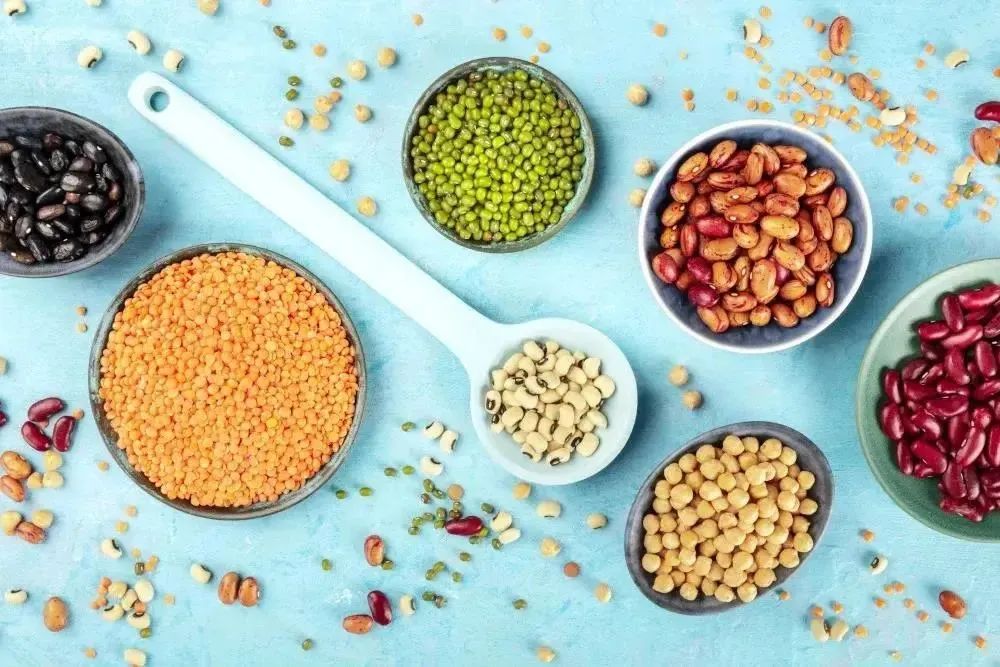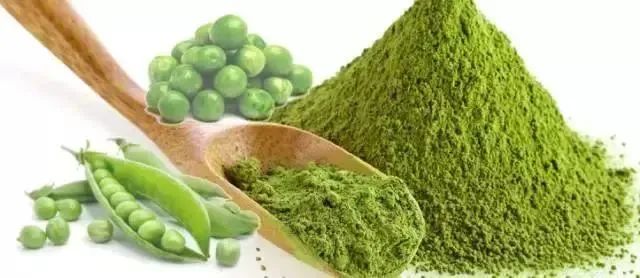Experts point out that growing consumer interest in health and sustainability will drive the boom in plant-based food and beverages.
The SPINS report shows that the plant-based market is growing at an annual rate of 29%. That's nearly double the 15% growth rate for the overall food and beverage market, SPINS said.

Likewise, plant protein products are growing at twice the rate of animal protein products in most sectors. Experts expect this trend to continue as more people look for healthier, more natural products.
Plant-based products are no longer niche products. This has prompted large CPG companies to redesign and innovate new product lines. Consumers are turning to plant-based products for a number of reasons, but two of the reasons we hear most are that plant-based products are considered better for their health and the planet.
A June 2020 International Food Information Council (IFIC) survey reported that nearly 70 percent of consumers believe plant-derived protein is the healthiest; 24 percent say they eat more plant-based dairy products; According to Cargill, more than 40 percent of people believe that plant-based products are healthier than non-plant-based products. In addition, sustainability is also an important factor for consumers to choose plant-based.
In addition to health and sustainability, the pandemic itself has boosted interest in plant-based products. According to the IFIC Food and Health Survey, 85% of Americans have changed their eating habits due to the pandemic, 28% are eating more protein from plant sources, 24% are eating more plant-based dairy products,17 % ate more plant-based meat alternatives.
Trendy Protein
Cargill Plant Protein Advanced Technical Services experts note that soy remains the dominant plant protein on the market because it is inexpensive, powerful, and one of the few that determines nutritional integrity based on its Protein Digestibility Corrected Amino Acid Score (PDCAAS). one of the plant proteins. However, pea protein has emerged as a significant competitor due to its label-friendly status and its nutritional and functional properties.

Nutritionally speaking, pea protein is very high in protein. PURIS Pea Protein contains at least 80% protein, enabling it to have higher levels of protein than many other plant options. Although pea protein is not a complete protein, its PDCAAS value is also as high as 0.78, which is much higher than most plant proteins. Functionally, pea protein has good texture, emulsification and water binding properties, and high solubility – key attributes for beverage applications.
Not only that, but the current market presents ripe opportunities for new plant protein options, including barley protein options.
Packaging Label
As plant-based diets become more mainstream, consumers are becoming more discerning about the type of protein they seek, making labeling on packaging even more important.
Traditionally, we've seen plant-based products simply state "plant-based protein" on the front of the package. However, consumers are increasingly concerned about protein choices, and they now also want to know the type and source of protein in the products they buy. So we started seeing specific protein sources on the packaging. Experts expect this shift to continue as consumers have a better taste experience with different types of protein.
Especially in the broad category of sports nutrition, many brands use plant-based protein ingredients and promote them with slogans like "Plant Power Protein." In purchasing decisions, protein fortification/enhancement is a key factor in purchasing decisions.
Challenge
Expert also point out that despite the popularity of plant-based proteins, consumer still have high expectations for the taste of products.currently, there are solutions to these problems.
For beverages that are challenged with color, texture, and taste, complementary flavor profiles are available, such as chocolate, coffee, mocha, and more. While taste and formulation of beverages are critical, economical and scalable aspects of beverages are equally important in terms of supply chain and processing technology. From a varietal and regional perspective, crop diversity and a focus on general best practices in agronomy and agricultural inputs are critical.